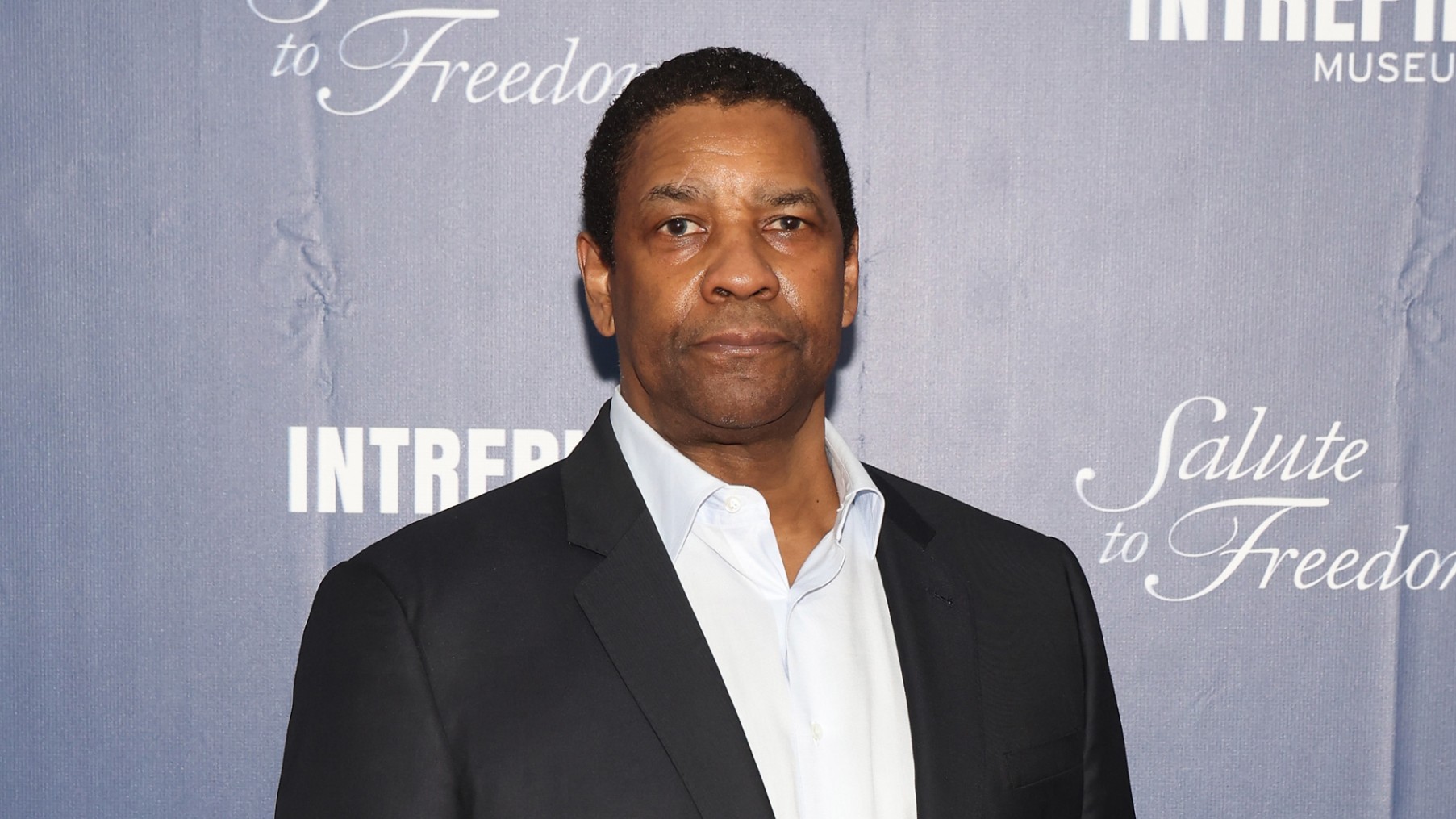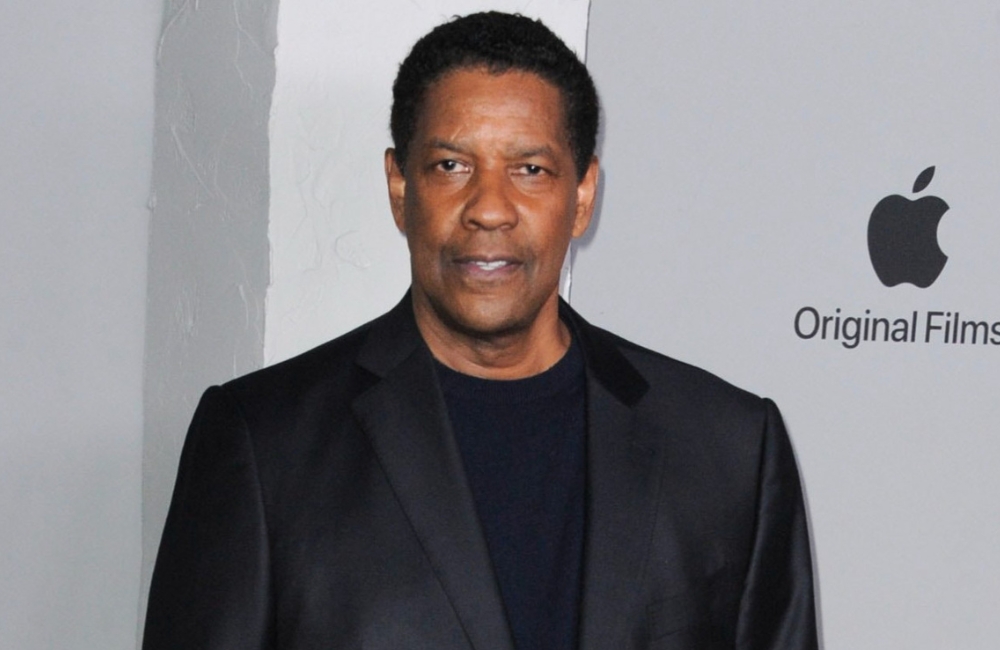Oprah Winfrey Under Fire: 50 Cent, Taraji P. Henson, and Denzel Washington Expose Hollywood’s Dark Side
The world of Hollywood is no stranger to controversy, but the latest wave of criticism revolves around Oprah Winfrey. The media mogul, once celebrated for her influence and success, now faces accusations of exploitation and manipulation, particularly from prominent Black actors in the industry.

50 Cent and Taraji P. Henson Speak Out
Renowned rapper 50 Cent has once again taken aim at Oprah, this time standing alongside actress Taraji P. Henson. Known for her roles in The Curious Case of Benjamin Button and Hustle & Flow, Henson recently revealed in an emotional interview that she has been underpaid in Hollywood for years. Specifically, she called out Oprah’s alleged role in offering her a disrespectfully low wage for her work in the upcoming film adaptation of The Color Purple.
Henson explained that despite her success, her salary hasn’t increased in over six years. She confessed that Oprah’s initial offer for The Color Purple was so low that she almost walked away from the project. As a fellow Black woman, she expected more from Oprah, believing she would be treated fairly, but instead, she was left disappointed.
“I’m not a greedy person, but I know my worth,” Henson said during the interview, adding that many other Black actors face similar struggles when it comes to pay disparities and inequality. Her statements reflect a broader issue that extends beyond individual experiences to systemic challenges within the industry.
50 Cent wasted no time in expressing his support for Henson, reposting an article about the situation on Instagram. The rapper captioned the post, “They dropped the ball. Forget them, Taraji P. Henson, I’m ready to work. Let’s get it.”
Oprah’s History with 50 Cent and Other Artists
This isn’t the first time 50 Cent has criticized Oprah. Their feud dates back to the early 2000s, when 50 Cent was a rising star in the hip-hop scene. At the time, he hoped to appear on The Oprah Winfrey Show to change his public image from an ex-drug dealer to a respected A-list rapper. The opportunity, which he saw as a way to honor his grandmother, never materialized, as Oprah reportedly rejected the idea.
50 Cent later accused Oprah of being dismissive of hip-hop culture, catering to an older white female audience, and being against everything his music represented. In retaliation, he named his dog after her and his cat after her close friend, Gayle King. His actions sparked widespread attention and fueled the feud between the two.
Other artists, including Ice Cube and Ludacris, have also accused Oprah of being unfair to them. Ludacris, in particular, felt that Oprah attacked him during an interview to promote the movie Crash, bringing up his use of offensive language in his music rather than focusing on the film. He later voiced his frustrations, accusing Oprah’s team of editing the interview to make him look unprofessional.
:max_bytes(150000):strip_icc()/50-Cent-010924-7bbb2775fefd4255933bb0b9d47f13b1.jpg)
Denzel Washington and the Dark Side of Hollywood
Alongside 50 Cent and Taraji P. Henson, another Hollywood heavyweight, Denzel Washington, has voiced concerns about the manipulation and exploitation in the industry. Washington’s experience was highlighted during the infamous Sony email hack in 2014, where leaked emails revealed a producer suggesting that Black actors should not be cast in lead roles, as it could negatively affect international box office sales. This suggestion came shortly after the release of Washington’s hit film The Equalizer.
Moreover, Washington has pointed out the pressure on Black actors to capitalize on Black trauma for entertainment. He has long been outspoken about the challenges Black actors face in navigating an industry that often exploits their identity for profit.
The Broader Implications
The accusations leveled against Oprah by 50 Cent, Taraji P. Henson, and Denzel Washington shine a light on the darker aspects of Hollywood. Despite Oprah’s immense success and influence, these stars suggest that she has contributed to the very system of inequality and exploitation that many are fighting against.
Henson’s emotional revelations, in particular, underscore a pressing issue in Hollywood—pay disparities and the lack of opportunities for Black actors. Her fight, and the support she’s receiving from figures like 50 Cent, shows that the conversation about equality in the entertainment industry is far from over.

In addition to Henson, other Black actors, including Gabrielle Union and Keke Palmer, have also spoken out about the challenges they face, further illustrating the systemic issues in Hollywood. As Henson put it: “If I can’t fight for those coming up behind me, then what am I doing?”
The recent outcry against Oprah, a figure once seen as an advocate for diversity and fairness, raises difficult questions about the responsibility of Black power brokers in the industry. Are they using their influence to uplift others, or are they perpetuating the very exploitation they claim to fight?
As the conversation around pay equality and fairness in Hollywood continues to grow, it is clear that many stars are no longer willing to stay silent. With 50 Cent, Henson, and Washington leading the charge, the industry is being forced to confront uncomfortable truths.